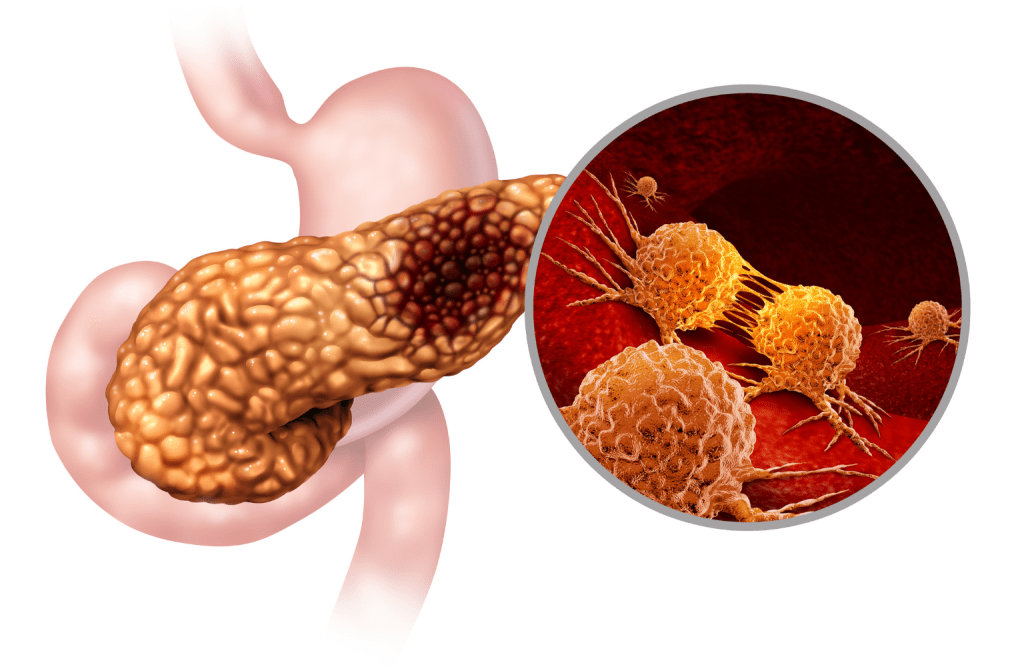What is Pancreas?
The pancreas is a gland that produces digestive enzymes and hormones.
The pancreas has two main functions:
1. To produce digestive enzymes that help the body break down and absorb food.
2. Production of hormones like insulin to regulate metabolism.
What is Pancreatitis?
Pancreatitis as the name suggests is the inflammation of the pancreas. There are two main types of pancreatitis: Acute and Chronic.
Acute pancreatitis occurs when the pancreas gets suddenly inflamed. It can last for a few days. Chronic pancreatitis is a long-term inflammation of the pancreas which can last for months or even years.
Most commonly pancreatitis is observed by abdominal pain. It is usually a severe, persistent pain that begins in the upper abdomen and often radiates to the back. The pain increases after lying down or bending over. Other symptoms may include nausea, vomiting, fever, and rapid heartbeat.
Symptoms of Acute Pancreatitis?
As a pancreas specialist, Dr. Dhaval Mangukiya is skilled in treating complex conditions of the pancreas. Therefore, if you notice the symptoms mentioned below, immediately consult an expert.
Acute pancreatitis results due to a sudden and intense inflammation of the pancreas which can be a serious condition. When the pancreas becomes inflamed, these enzymes begin to digest the pancreas itself. This can cause severe abdominal pain, nausea, and vomiting.
The most common cause of acute pancreatitis is gallstones or alcohol abuse. Other causes which can cause pancreatitis are certain medications, viral infections, and trauma. Symptoms of acute pancreatitis include severe abdominal pain that may radiate to the back, nausea and vomiting, fever, rapid heartbeat, and increased blood pressure.
The pain increases while lying down or bending over. It is often relieved by sitting up or leaning forward. Other symptoms may include jaundice (yellowing of the skin and whites of the eyes), weight loss, and diarrhoea. Acute pancreatitis is a medical emergency.
What is the main cause of acute pancreatitis?
Biliary tract disease is considered as one of the most common causes of Pancreatitis. Biliary tract disease is a condition that affects the bile ducts, which are the tubes that carry bile from the liver to the small intestine. Bile is a substance that helps the body break down fats. Biliary tract disease can block the bile ducts and cause them to become inflamed. This can lead to a build-up of bile in the pancreas, which can then cause the pancreas to become inflamed.
Can you survive acute pancreatitis?
Acute pancreatitis is a very serious condition. It needs to be treated with aggressive supportive care by an expert gastro surgeon available in Surat. This means that patients are typically treated in the intensive care unit (ICU) with close monitoring of their vital signs and aggressive supportive measures to keep them stable.
Patients with acute pancreatitis often require intravenous (IV) fluids to keep them hydrated. They may also need pain relief and antibiotics to prevent or treat infection. In some cases, patients may require surgery to remove the damaged pancreas or to drain any abscesses that have formed.
With aggressive supportive care, the majority of patients with acute pancreatitis will survive. However, the mortality rate is still significant, and patients who do survive often have a long hospital stay and a long recovery period.
What is the best treatment for acute pancreatitis?
The treatment of pancreas requires expertise, accuracy and efficiency, Dr Dhaval Mangukiya is an expert pancreas surgeon who can ensure that only the best possible treatment and care is delivered to his patients.
Treatment for acute pancreatitis typically involves hospitalization so that the person can be closely monitored. During the hospital stay, the person will likely be given intravenous (IV) fluids and pain medication. If the person has severe pancreatitis, they may also need to be placed on a ventilator to help them breathe. Once the person is stable, they will be able to go home and recover. Recovery from acute pancreatitis can take weeks or even months. During this time, the person will need to avoid alcohol and eat a healthy diet.
Is pancreatitis life-threatening?
Pancreatitis can be life threatening if it leads to serious complications, such as organ failure but with timely diagnosis and treatment it can be possible to treat it.

